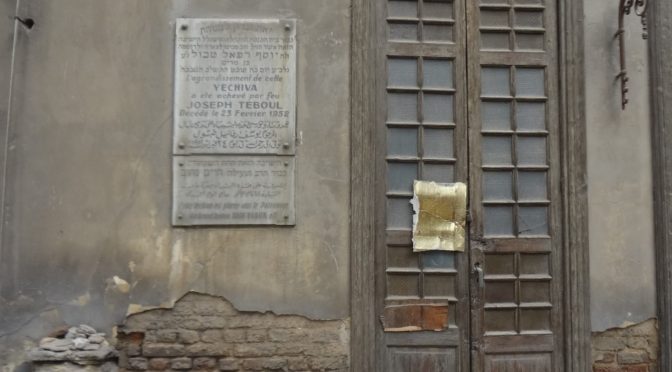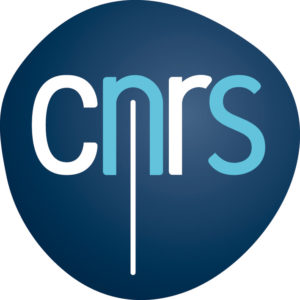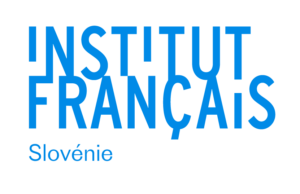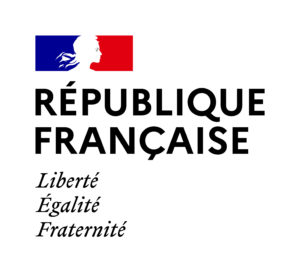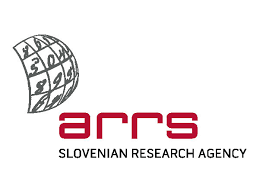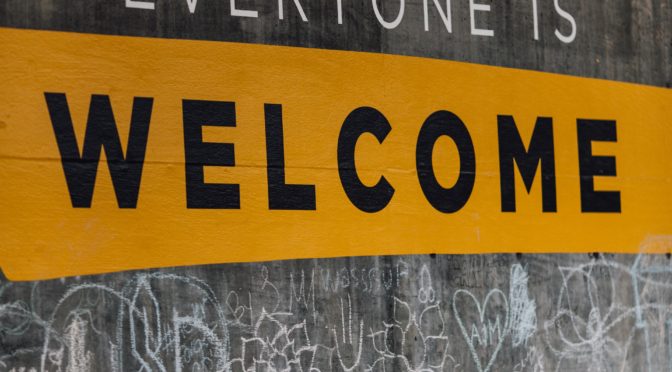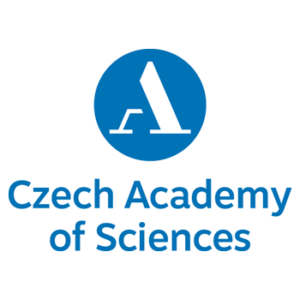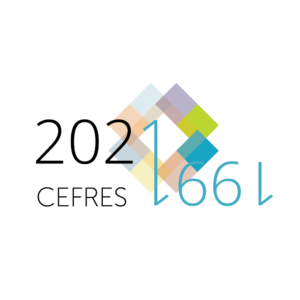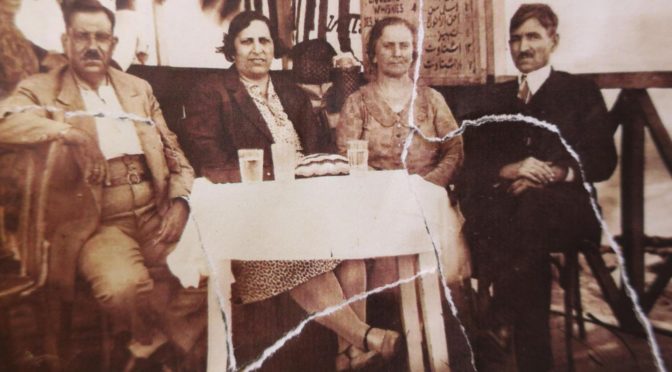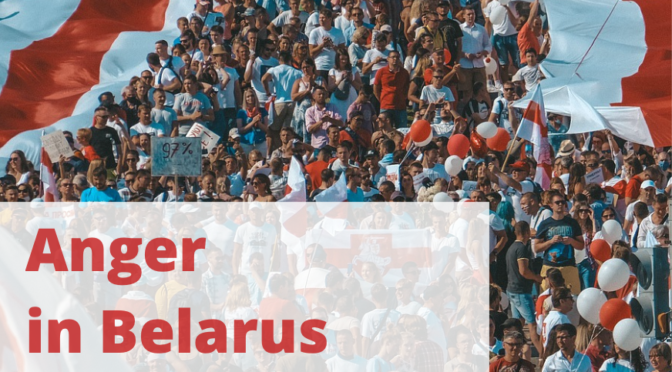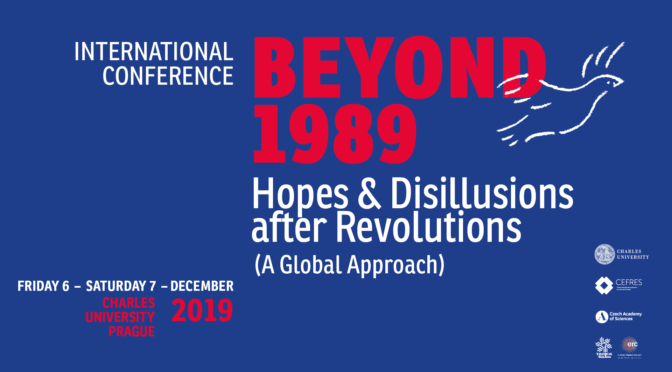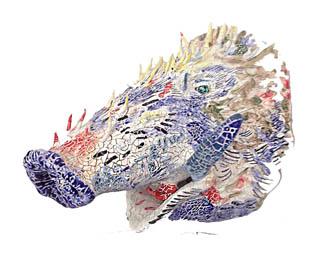CEFRES and Primorska University organize the first Proteus Webinar as part of the bilateral program PHC Proteus.
When: Wednesday April 14, 2021, 2 p.m.- 6 p.m.
Where: Online (see below fo the link)
Language: English
Organisators: CEFRES and Primorska University
Funding and Evaluation: Campus France, French Institute in Slovenia, MEAE, MESRI (France) Slovenian Research Agency, Slovenian ministry of science (Slovenia)
This webinar focuses on the current representations of the “dismantling” and “re-membering” of intra- and extra-European empires, following the First and then the Second World Wars, that recast populations, landscapes, borders, historiographies, belongings and memories. Today, while European countries work to form a common world, space and history, they remain reluctant to address these ghostly legacies of empires and wars that led to the forced displacement and loss of millions of people, such as ethnic minorities expelled from East Prussia and Silesia, Germans from the Sudetenland and Bukovina, Italians from ex-Yugoslavia, Portuguese from Angola and Mozambique, among others.
How and why have some of the memories of displacements been erased, ignored, forgotten, and others memorized and commemorated? In what ways do they still matter in Europe and beyond today? Under what circumstances, some of the features of the past have remained so persistent and resilient?
The proposed webinar objective is to answer these questions by exploring parallel collective memories, offering mirror images of each other: the memories of the displaced, and the memories of those who remained and/or (re)populated the cultural and physical spaces after them. From specific case studies of depopulation and repopulation movements linked to the troubled European History of the 20th Century and in the remnants of empires and wars, we intend to explore what memories and silences do to places and what places do to memories and silences.
Program
2.00 -2.20 pm
Short presentation of the Proteus Program by Valentine Morel, Attaché for Scientific and Academic cooperation at Ministère des Affaires étrangères français Slovenia, and of the project by Michèle Baussant and Katja Hrobat-Virloget
Divided and uprooted
2.20-2.35 pm
Aleksej Kalc, Slovenian Academy of Sciences and Arts, Slovenian Migration Institute (Ljubljana), University of Primorska, Faculty of Humanities (Koper)
Population transfers and ethnic transformations in Koper and Trieste after WWII: some aspects
2.35-2.50 pm
Neža Čebron Lipovec, University of Primorska, Faculty of Humanities
“Visual continuity” of the landscape« in a contested city: The role of architecture in the process of (up)rooting a community
2.50-3.05 pm
Petra Kavrečič, University of Primorska, Faculty of Humanities
Living on the border. Everyday life in the border region of Istria after WWII
Short Discussion 3.05- 3.20 pm, Ghislaine Glasson-Deschaumes, Head of Project Labex Pasts in the Present, Université Paris Nanterre
Break 3.20-3.30 pm
Remade, remained and planted
3.30-3.45 pm
Felipe Kaiser-Fernandes, CEFRES/ IIAC
When torn apart landscapes are remade: the politics of post-socialist bazaars in the Czech Republic.
3.45-4.00 pm
Katja Hrobat Virloget, University of Primorska, Faculty of Humanities
About the ones who came. Symbolic boundaries and questions of “home” after “exodus” in Istria
4.00-4.15 pm
Irene Dos Santos, CNRS/URMIS, ICM Fellow
Imperial Debris in post-colonial Angola: the silence of those who remained after 1975
Short Discussion 4.15- 4.30 pm, Ghislaine Glasson-Deschaumes, Head of Project Labex Pasts in the Present, Université Paris Nanterre
Break 4.30-4.40 pm
Traces and in-between spaces
4.40-4.55 pm
Maria Kokkinou, CEFRES and Charles University
Tiehonin: Persistent memories of transformed spaces
4.55-5.10 pm
Johana Wyss, Czech Academy of Sciences/CEFRES and Max Planck Institute for Social Anthropology
Silesian identity: caught in between hegemonic and counter-narratives
5.10-5.25 pm
Michèle Baussant, CNRS, CEFRES (USR3138, CNRS, Mae), ICM Fellow
Displaced histories without traces and traces of past without history: Egyptian Jews in and out Egypt
Discussion 5.25-6.pm, Ghislaine Glasson-Deschaumes, Head of Project Labex Pasts in the Present, Université Paris Nanterre
To join the meeting, click on the following link: https://us02web.zoom.us/j/87114991116

